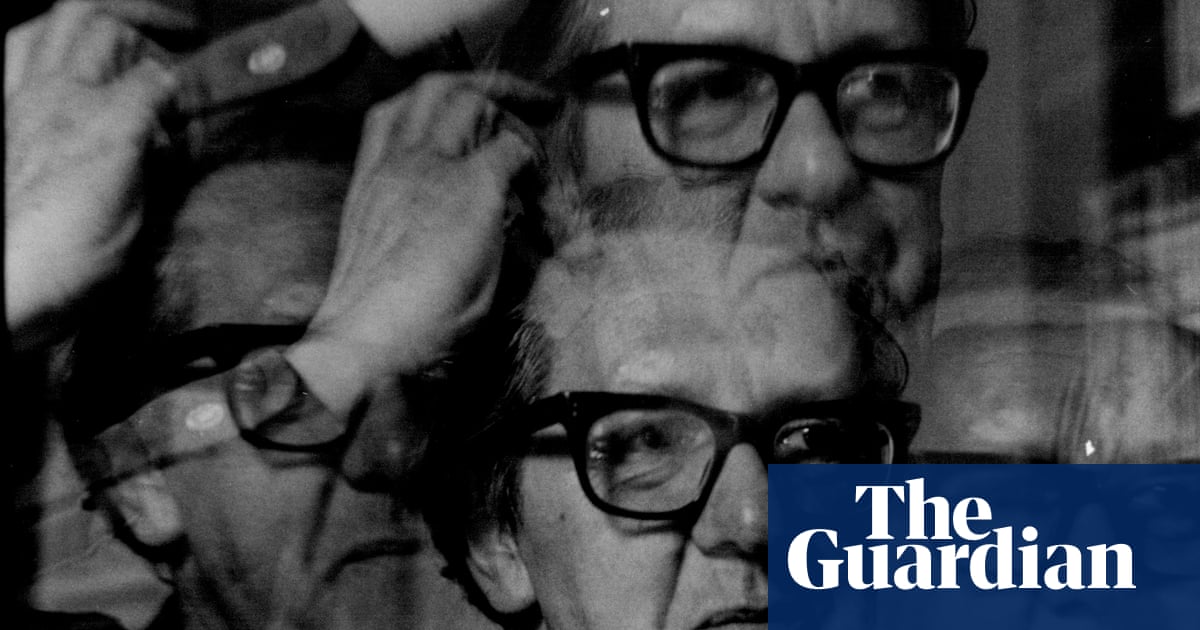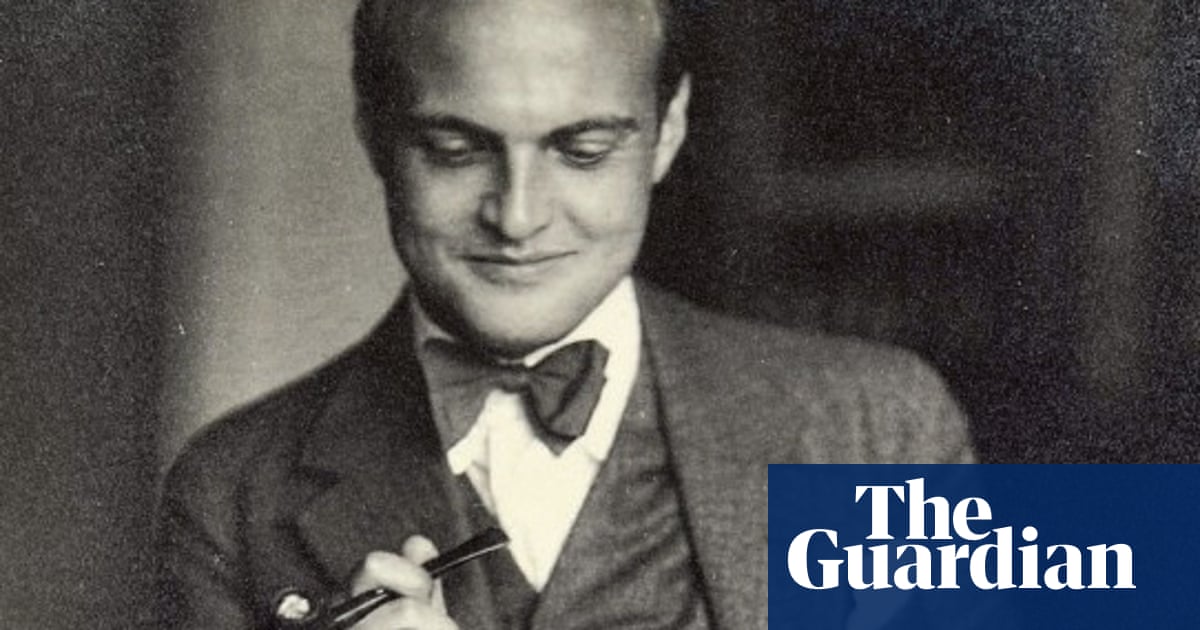#historical-fiction
#historical-fiction
[ follow ]
fromScary Mommy
1 day ago12 Books That Scary Mommy Editors Devoured In February 2026
I opened this book thinking, Eh, I'm a little bit of a people pleaser, sure. By the end, so much of my life and my choices had been explained to me in the most graceful, non-shameful way. I can't recommend Clayton's walk through the fawn response enough. It's educational, yes, but if you've ever been ashamed of how you handle conflict, this is a very healing read.
Books
fromTODAY.com
2 weeks agoAmerican Girl's Samantha is All Grown Up In New Novel. Elder Millennials Will Swoon
For those unfamiliar with the beloved heroine, Samantha is one of the first three historical characters introduced by American Girl in 1986. Samantha, Swedish immigrant Kirsten and WWII homefront heroine Molly demonstrated courage, compassion and resilience. Along with an 18-inch doll, each 9-year-old character was featured in a series of easy chapter books; kids could follow each fictional story as well as the historical context surrounding it.
Books
fromWorld History Encyclopedia
1 month agoDid Uhtred of Bebbanburg Really Exist in Anglo-Saxon England?
The Last Kingdom (2015-2022) is a historical fiction TV series based on Bernard Cornwell's The Saxon Stories novels and adapted for television by English screenwriter Stephen Butchard. With five seasons, the show began as a BBC production and was later acquired by Netflix. Filmed in Hungary and Wales, it is based on English history during the 9th and 10th centuries, as the Anglo-Saxon kingdoms fought against the invading Vikings.
History
fromScary Mommy
1 month agoScary Mommy's Most Anticipated Books Of 2026
I know you probably have a bunch of unread books at home that you already own - maybe entire bookcases full of them - but what fun is that!? Our Scary Mommy team of voracious readers have done all of the research for you and compiled a list of the very best and most exciting new releases coming our way in 2026.
Books
Books
fromwww.theguardian.com
2 months agoHamnet by Maggie O'Farrell audiobook review the life and loss of the woman behind the Bard
Hamnet centers on Agnes Hathaway's grief and a family's undoing after son Hamnet's death, combining lyrical, immersive narrative, historical detail and sensitive narration.
fromSlate Magazine
2 months agoConspiracy Thinking Is Flourishing. Some of Our Most Popular Franchises Aren't Helping.
They are also chock-full of almost every kind of conspiracy theory you can think of. In the fiction of Assassin's Creed, humanity is descended from ancient aliens, and this knowledge is suppressed throughout history; the tide of world events is influenced by a shadow war between two secret societies; the media exists to manipulate the public. This makes for an exciting series of video games with a near-limitless scope. It also echoes uncomfortable real-world conspiracy theories that have proven consequential in our lifetime.
Video games
fromInverse
3 months agoNetflix Just Quietly Released The Bloodiest Action Thriller Of The Year
The tropes of these stories have found particular success in franchises like The Hunger Games and Squid Game, but you can only replicate a formula so many times before even the best stories feel boring. Thankfully, Netflix just dropped a new take on the story, and it's pushing the genre into the future by taking it over a century into the past.
Television
fromwww.nytimes.com
3 months agoThe Best Historical Fiction Novels to Read Right Now
In this powerful and original epic, a girl ventures from her remote Polynesian island to try to save her people from doom. After Norse invaders slaughter almost everyone on a small Scottish island, a mead wife, a monk and an elderly Norseman find themselves the only survivors. This mystery is filled with fascinating glimpses of mid-18th-century London, where the recently widowed Hannah Cole runs a confectionery shop.
Books
Science
fromwww.scientificamerican.com
4 months agoThe Space Race Gets a Fictional Rewrite from an International Space Station Commander
Retired astronaut Chris Hadfield applies spaceflight experience to historical fiction, leads tech and sustainability initiatives, tours with a band, and stays active in leadership.
fromMedievalists.net
4 months agoNew Medieval Books: Al-Qata'i: Ibn Tulun's City Without Walls - Medievalists.net
The novel begins with the rediscovery of the Ibn Tulun Mosque in 1918 and recounts Ibn Tulun's life and legacy in the ninth and tenth centuries. Bassiouney presents Ibn Tulun's benevolent vision to unify all Egyptians in a new city, Al-Qata'i. He becomes so focused on his vision, however, that he cannot see the impact it has on his family or the fate of Egypt. When a betrayal leads to his demise, the rival Abbasid caliph threatens to regain control of Al-Qata'i.
History
fromwww.esquire.com
4 months agoThe Real Guinness Family Is Torn Over 'House of Guinness'
Audiences are generally used to a little bending of the truth with most historical fiction. Matt Damon's character in Air never drove to Michael Jordan's family home before signing the young basketball player to Nike. I doubt that Napoleon ever oinked at Josephine like she does in Ridley Scott's 2023 film, and I don't think random soldiers on the battlefield during the American Civil War in Lincoln were learned to recite the Gettysburg Address by heart.
Television
Books
fromwww.theguardian.com
5 months agoMy Name Is Emilia del Valle by Isabel Allende audiobook review portrait of a fiercely independent young woman
A young illegitimate San Francisco woman becomes a war reporter in Chile, defying 19th-century gender norms while pursuing independence and complex relationships.
fromwww.npr.org
5 months ago4 lives are upended by an impulsive kiss in the epic novel 'Buckeye'
Once in a while, mistakes happen. I mention this mistake because it testifies to something powerful about Patrick Ryan's new novel, Buckeye. When I made a late request for an advance review copy of Buckeye, the copy I received looked fine, but when I opened it I realized it was mistakenly bound backwards. The title page was at the very end of this over-450-page novel.
Books
fromwww.npr.org
5 months agoNew books this week track John Williams' life, future pandemics and NASA fiction
Gone are the heady days of the beach read, summarily swapped for the kinds of books a school board can really get behind. At least, that's true for the lucky folks who still get to make learning their primary occupation. For everyone else, there's a consolation for the drudgery of the day job: those happy off-hours when, instead of The Great Gatsby, say, you can still crack open whatever you darn well please.
Books
Video games
fromRoger Ebert
6 months ago"Metal Gear Solid Delta: Snake Eater" is the Definitive Way to Experience This Stealth Game Classic | Video Games | Roger Ebert
Metal Gear Solid Delta: Snake Eater modernizes Metal Gear Solid 3 with improved visuals, updated controls, and selective new content, becoming the definitive stealth experience.
fromwww.theguardian.com
6 months agoWatching Over Her by Jean-Baptiste Andrea review a love song to Italy
In a remote monastery perched perilously on top of a crag in Piedmont, Italy, an old man lies dying. Thirty-two monks stand vigil at the deathbed; Mimo Vitaliani has lived among them for 40 years, yet few of them know exactly why. Nor did Vitaliani come alone, but with a mysterious statue that is kept under lock and key in the depths of the Sacra di San Michele,
Books
Right-wing politics
fromSlate Magazine
8 months agoA Flashy New Show About 1930s Britain Has Messy Aristocrats, Champagne Bashes, and a Woman Stalking Hitler. Did All That Actually Happen?
'Outrageous' portrays the Mitford sisters as early 20th-century figures mirroring modern celebrity culture amidst political turmoil.
fromwww.theguardian.com
9 months agoGhost Wedding by David Park review a thought-provoking novel about the power of the past
In David Park's latest novel, time blurs as past and present intertwine, reflecting the evolution of personal struggles within the backdrop of Northern Ireland's rich history.
London politics
fromwww.theguardian.com
9 months agoNightingale by Laura Elvery review Florence Nightingale inspires a luminous historical novel
Knowing she would narrate it later back in the house, Florence would have to tell the story a different way. That instinct to reshape the unbearable into something legible sits at the core of Nightingale.
London politics
Portland food
fromOregon ArtsWatch * Arts & Culture News
9 months agoNearly a century ago, Oregon writer Sheba Hargreaves crafted three historically sound tales of pioneer life * Oregon ArtsWatch
Sheba Hargreaves established a national reputation with her historical novels about Oregon in the late 1920s.
fromOregon ArtsWatch * Arts & Culture News
9 months agoBooknotes: McGregor times two; Brian Doyle's 'Mink River' takes to the stage * Oregon ArtsWatch
"The lure of travel, I thought, is only the lure of illusion, the mistaken belief that in a new country with different people and different ways, we can escape the confines of ourselves..."
Portland
fromwww.theguardian.com
9 months agoThe Vaster Wilds by Lauren Groff audiobook review a fugitive's fight for survival
In the early 17th-century wilderness, a servant girl flees a smallpox-ridden settlement, embracing survival through her resourcefulness against frigid conditions and patriarchal violence.
Books
[ Load more ]









